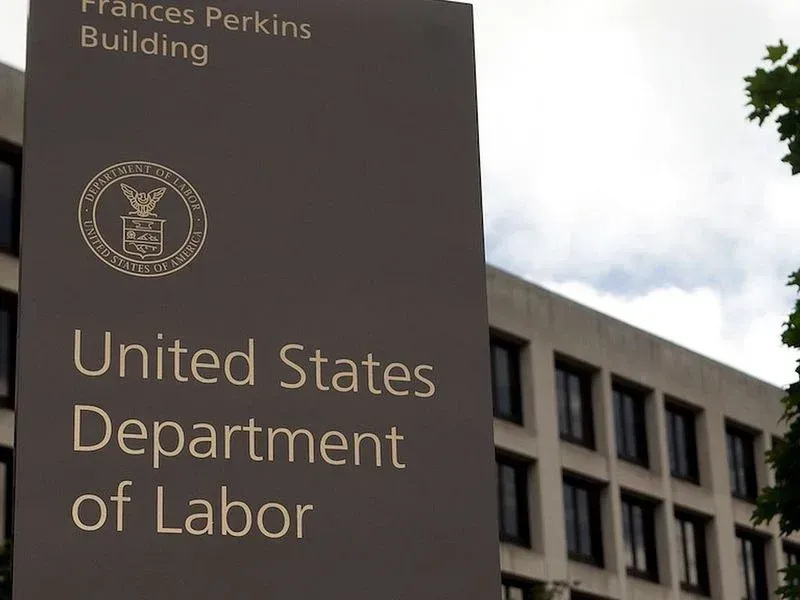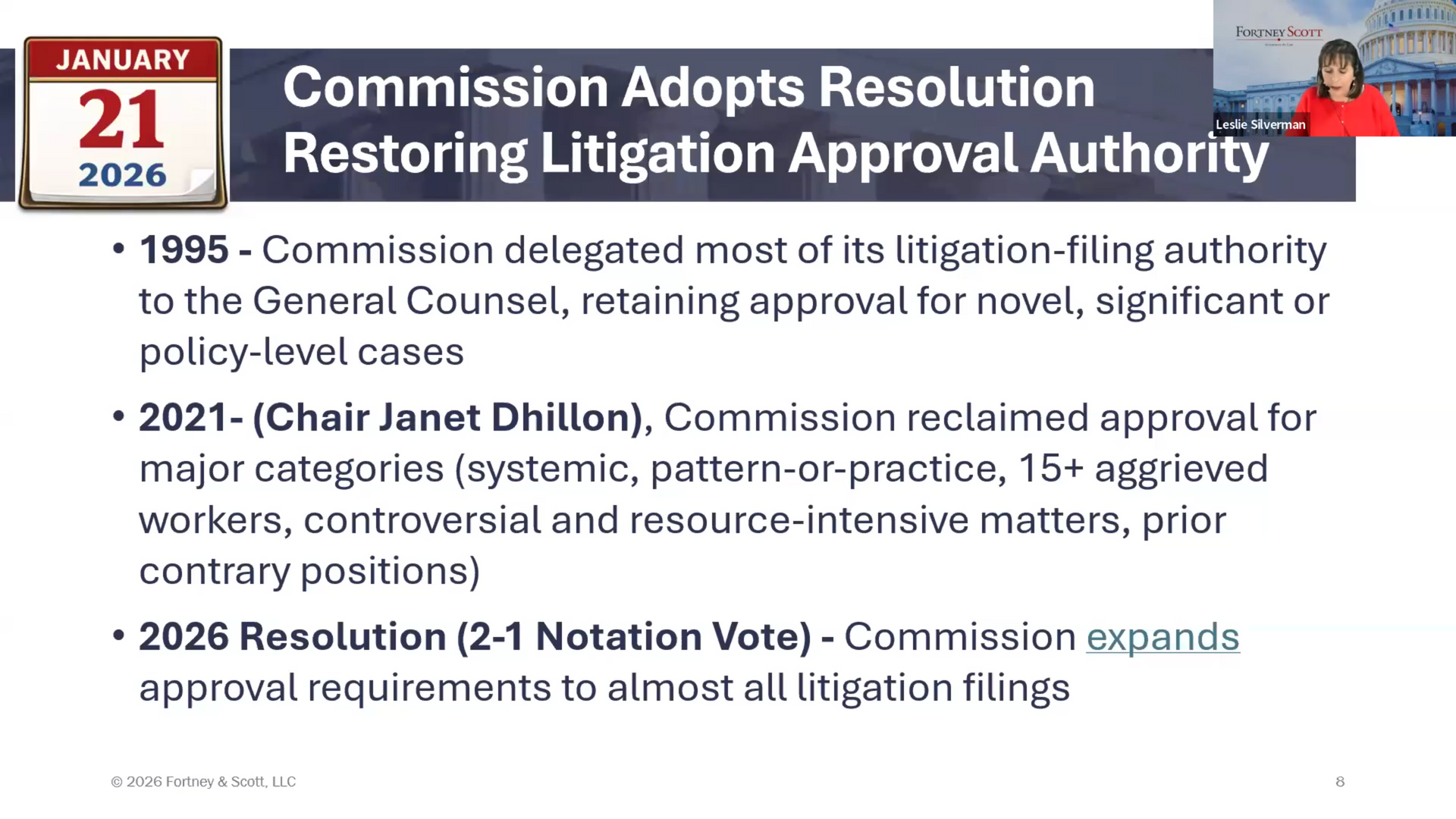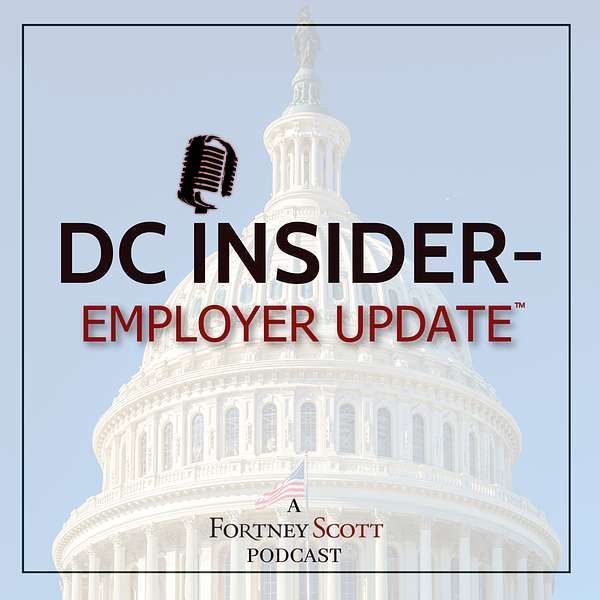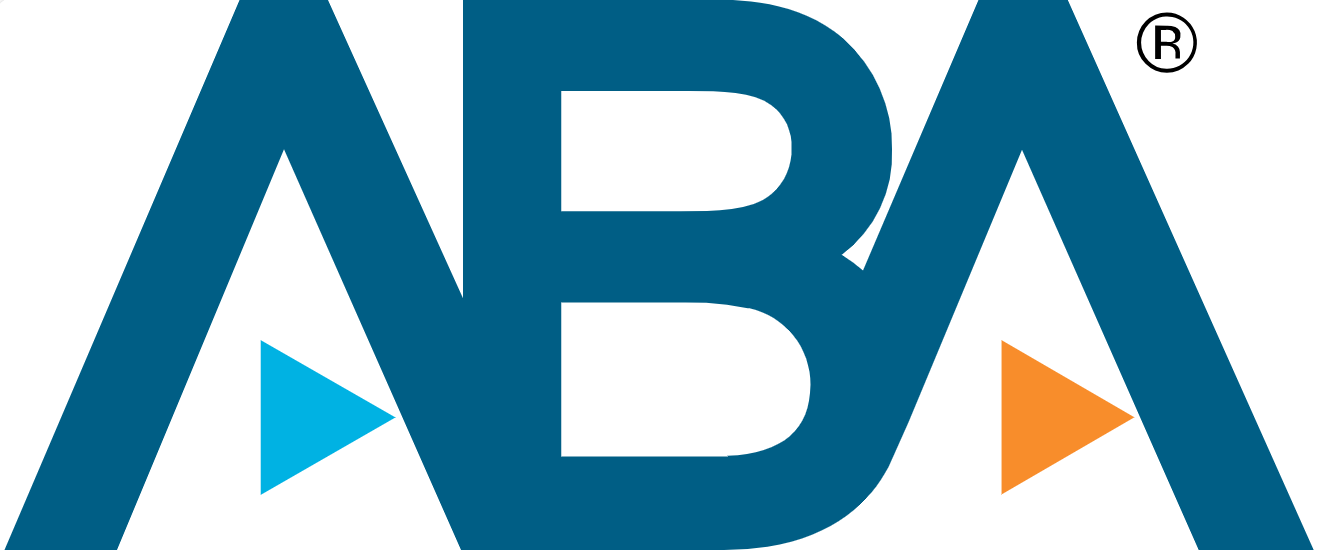U.S. Department of Labor Issues New Overtime Proposal
On Thursday, March 7, 2019 the U.S. Department of Labor (DOL) posted on its website a Notice of Proposed Rulemaking (NPRM) for its new overtime rule. The proposal would raise the salary threshold for employees to be exempt from overtime from the current $455 per week ($23,660 per year) to $679 per week ($35,308 per year).
Other key aspects of the proposal include:
- Raising the highly compensated employee (HCE) test from $100,000 to $147,414 of which $679 must be paid weekly on a salary or fee basis
- Inviting public notice and comment to consider updating the standard salary level and HCE total annual compensation threshold every four years through rulemaking
- Allowing employers to satisfy up to 10 percent of the salary threshold amount of $35,308 by the payment of nondiscretionary bonuses, incentives, or commissions, paid annually or more frequently (although this will not apply to HCEs)
The salary threshold is substantially lower than the salary threshold of $47,476 proposed by the Obama Administration and enjoined by the federal district court in the Eastern District of Texas prior to its effective date. The new proposal would rescind the 2016 Overtime Rule. The proposal does not make any changes the “duties” test which many employers had hoped it would.
Comments will be due 60 days after the NPRM is published in the Federal Register. FortneyScott will keep you informed on any updates made by the DOL. Contact your FortneyScott attorney if you have any questions or would like to file comments on the proposal.















